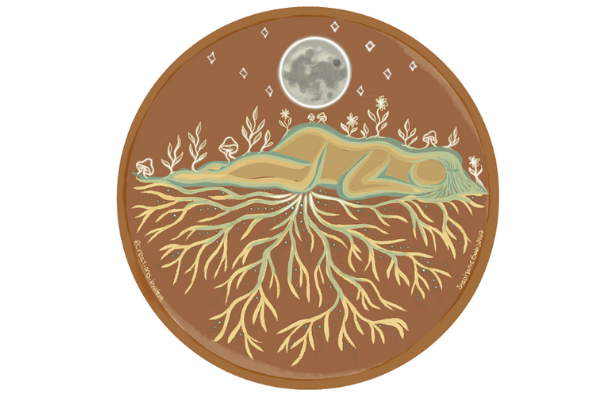For university students, the months of November and December can be an extremely stressful time with midterms finishing up, preparation for final exams and final projects beginning. This year also has the unfortunate added stress of online classes and an ongoing global pandemic, which carries its own challenges and stressors. Given that this is a very stressful time of the year for students, now is more important than ever to be able to recognize stress as well as learn ways to cope and reduce it.
What is Stress?
Stress is both a physical and emotional response and reaction to a change. The changes that cause stress can be in either your environment, your thoughts or a change in your body. When your body senses a stressor, a number of hormones are released – as well as an increased heart rate, blood pressure, muscle tension, and high senses. These all help your body focus and react appropriately to the stressor. The different stressors in your life can either cause acute or chronic stress.
Acute stress is also known as short term stress and is something that everyone will experience, sometimes multiple times a day. Acute stress includes mild everyday stressors, like an argument with a roommate or nerves about getting a mark back. All of these acute stressors cause a response in our body’s autonomic nervous system and will trigger our “Fight or Flight” response. Once the stressor is no longer present, the body will recover from the feeling of stress and high alert. Although acute stress that is resolved fast enough isn’t generally harmful to overall health, extremely frequent acute stress can easily turn into chronic stress. This can have a lasting impact on health, which is why it is important to be able to recognize stress and find ways to reduce its impact.
Chronic stress is also known as long term stress and is much more serious than acute stress, as it lasts for an extended period of time. Some common situations experienced by university students which could cause chronic stress are the on-going stress of virtual classes, financial problems, loss of employment due to the pandemic or pressure from family members. Chronic stressors leave the body in a constant state of high alertness and over time can wear down the body and have negative impacts on our overall health. Some of the health impacts that chronic stress can bring about are mental health issues, cardiovascular problems, obesity, weakened immune system, skin issues and hair loss. All of the health impacts brought about by ongoing chronic stress are very serious, which is why it is important to reduce the amount of stress, both chronic and acute, and learn how to recognize the signs.
Although when we think of stress, we very rarely think of good stress. This type of good stress is known as eustress and is actually good for us and our bodies. Eustress is what makes us feel excited and helps us achieve. It helps us with not only our emotional health but with our physical health as well. Examples of eustress in university would be starting a new course that is challenging, starting a new part-time job or even starting university in the first place. These are all things that may make us feel nervous but, in the end, challenge us and make us stronger. It is important that when you are feeling stressed you can identify if it is stress due to a challenge and working hard to better yourself, or stress due to a threat. While the challenge is good for our health, the threat can have serious negative impacts on our overall health without healthy coping strategies.
Recent Quote the Raven Posts
Read the latest from our student Bloggers











 Ask Me
Ask Me